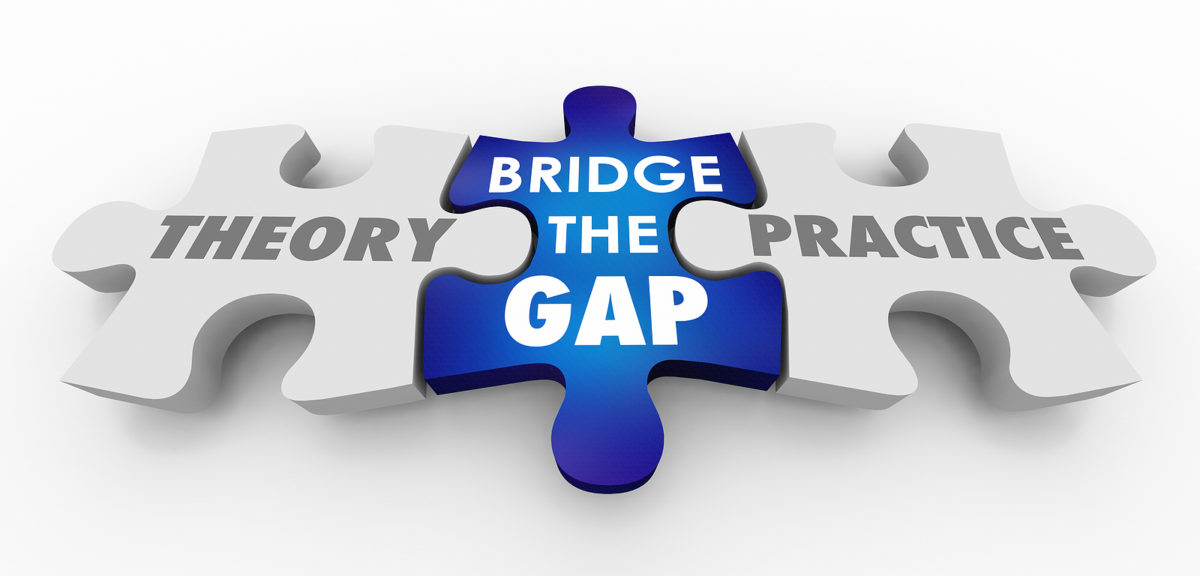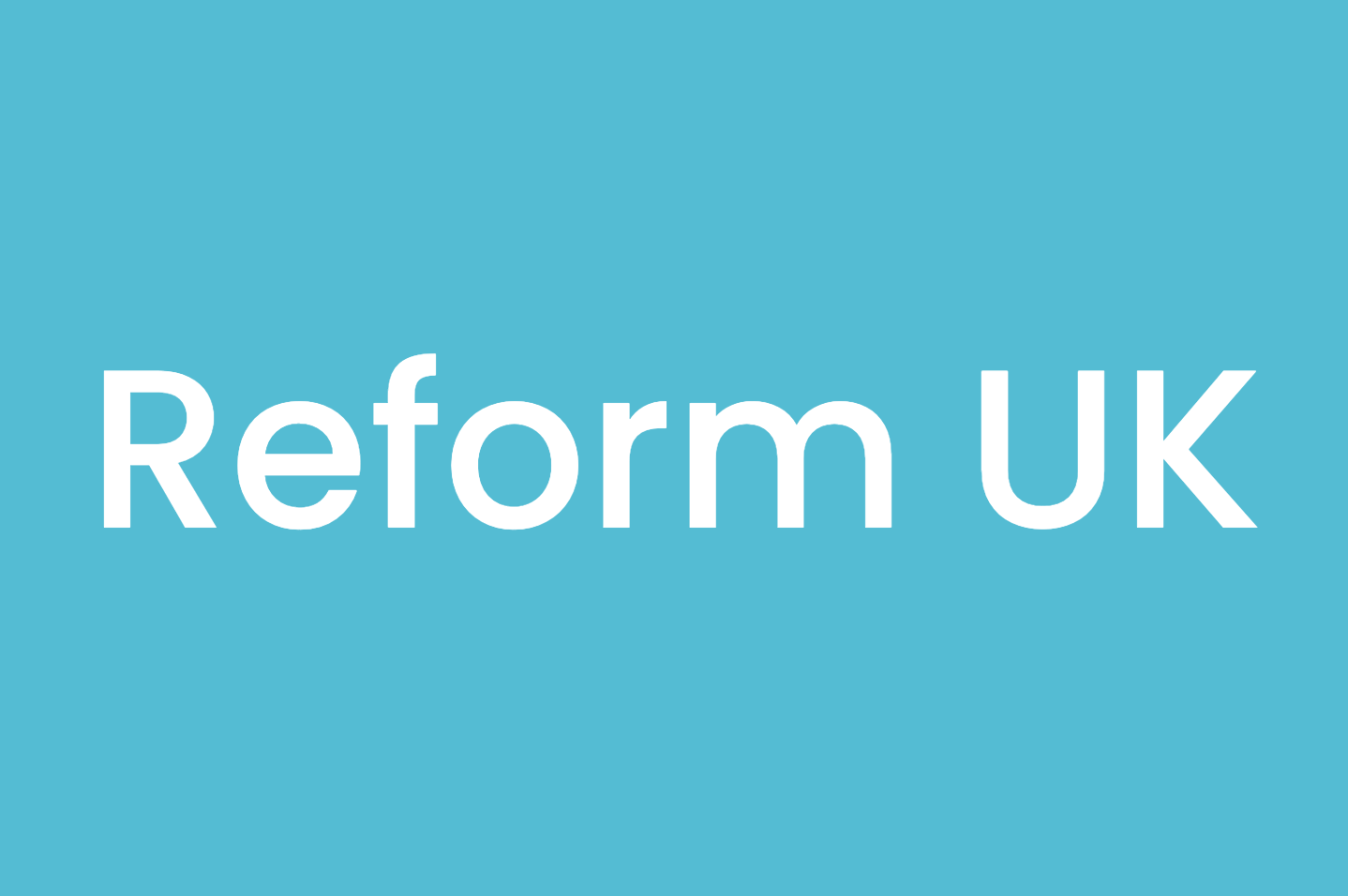The Importance Of Middle Management: Bridging The Gap Between Leadership And Employees

Table of Contents
The Communication Bridge: How Middle Management Relays Information Effectively
Middle management forms the crucial link between high-level strategic planning and on-the-ground execution. Their effectiveness in communication directly impacts an organization's ability to achieve its goals.
Translating Strategic Goals into Actionable Tasks
Mid-level managers are responsible for taking abstract strategic goals and breaking them down into concrete, achievable tasks for their teams. This requires a deep understanding of both the overall organizational vision and the specific capabilities of their team members. Effective communication is key.
- Regular team meetings: Providing a forum for updates, discussions, and clarification.
- Clear written instructions: Ensuring everyone understands their responsibilities and expectations.
- One-on-one check-ins: Offering personalized support and addressing individual concerns.
This process of strategic communication and task delegation ensures that everyone is working towards the same objectives with a clear understanding of their individual contributions.
Facilitating Two-Way Communication
Effective middle management isn't just about top-down communication; it's about fostering a robust two-way dialogue. Mid-level managers act as a conduit, gathering feedback from employees and relaying it to upper management. This upward communication is vital for identifying challenges, suggesting improvements, and ensuring that leadership has a realistic view of the on-the-ground realities.
- Employee surveys: Gathering anonymous feedback on various aspects of the work environment.
- Suggestion boxes: Providing a simple mechanism for employees to voice their ideas and concerns.
- Open-door policies: Creating an environment where employees feel comfortable approaching their managers with issues.
By utilizing diverse communication channels, middle management ensures that employee voices are heard, fostering a more engaged and productive workforce.
Motivation and Team Building: Fostering a Productive Work Environment
Middle managers are not just managers; they are leaders who cultivate a positive and productive work environment. Their role extends beyond task assignment to encompass motivation, mentoring, and conflict resolution.
Mentoring and Development
Mid-level managers play a vital role in the development of their team members. By providing guidance, support, and training opportunities, they foster employee growth and increase overall team performance. Investing in employee development is a key aspect of talent management.
- Providing training opportunities: Supporting employees in acquiring new skills and knowledge.
- Offering constructive feedback: Helping employees improve their performance and reach their full potential.
- Fostering a supportive environment: Creating a culture where employees feel valued, respected, and empowered.
This investment in employee motivation and leadership development contributes significantly to retention and overall team success.
Conflict Resolution and Team Cohesion
Inevitably, conflicts arise within teams. Effective middle management intervenes to address these issues constructively, promoting team cohesion and a positive work environment.
- Mediation: Facilitating discussions between conflicting parties to find mutually acceptable solutions.
- Open communication: Encouraging team members to express their concerns openly and honestly.
- Establishing clear expectations: Minimizing misunderstandings and preventing conflicts from arising in the first place.
By proactively managing conflict, middle managers contribute to a harmonious and productive team dynamic.
Performance Management and Accountability: Driving Results and Achieving Goals
Middle managers are central to ensuring that the organization achieves its goals. They are responsible for setting clear expectations, monitoring progress, and addressing performance issues.
Setting Clear Expectations and Monitoring Progress
Effective middle management begins with clear goal setting and consistent monitoring. Using performance management strategies helps drive results and ensures accountability.
- Setting SMART goals: Ensuring goals are Specific, Measurable, Achievable, Relevant, and Time-bound.
- Regular performance reviews: Providing feedback and identifying areas for improvement.
- Providing constructive criticism: Offering guidance and support to help employees improve their performance.
This structured approach to performance management fosters accountability and ensures that individuals contribute effectively to overall organizational success.
Identifying and Addressing Performance Issues
When performance issues arise, middle managers play a crucial role in addressing them proactively. This involves providing support and guidance, but also taking appropriate disciplinary action when necessary.
- Coaching: Providing individualized support and guidance to help employees improve their performance.
- Mentoring: Offering long-term support and guidance to help employees develop their skills and advance their careers.
- Disciplinary action: Taking appropriate action when employees consistently fail to meet expectations.
By effectively managing performance, middle management ensures that the team remains productive and efficient, contributing to the overall success of the organization.
Conclusion
In conclusion, effective middle management is not merely a managerial function; it's the linchpin connecting leadership's strategic vision with the day-to-day realities of employees. Their roles in communication, motivation, and performance management are crucial to bridging the gap between the top and bottom, fostering a highly productive and successful organization. Investing in your middle management teams is an investment in your organization's future. Provide training in leadership skills, communication strategies, and performance management techniques to strengthen their capabilities. The return on investment in strengthening middle management capabilities will be significant. For further reading on improving middle management effectiveness, explore resources on leadership development and team building strategies. Remember, strong middle management is the foundation of a thriving organization.

Featured Posts
-
 Tonga Celebrates Qualification For Ofc U 19 Womens Championship 2025
May 02, 2025
Tonga Celebrates Qualification For Ofc U 19 Womens Championship 2025
May 02, 2025 -
 Saudi Arabias Revised Abs Rules Implications And Opportunities
May 02, 2025
Saudi Arabias Revised Abs Rules Implications And Opportunities
May 02, 2025 -
 Manchester United Pays Tribute To Poppy Atkinson 10 Killed In Kendal Pitch Accident
May 02, 2025
Manchester United Pays Tribute To Poppy Atkinson 10 Killed In Kendal Pitch Accident
May 02, 2025 -
 Rupert Lowes X Posts A Dog Whistle Or A Fog Horn Assessing Their Impact On Uk Reform
May 02, 2025
Rupert Lowes X Posts A Dog Whistle Or A Fog Horn Assessing Their Impact On Uk Reform
May 02, 2025 -
 Italy Vs France Duponts Exceptional Performance In The 11th Conduct
May 02, 2025
Italy Vs France Duponts Exceptional Performance In The 11th Conduct
May 02, 2025
